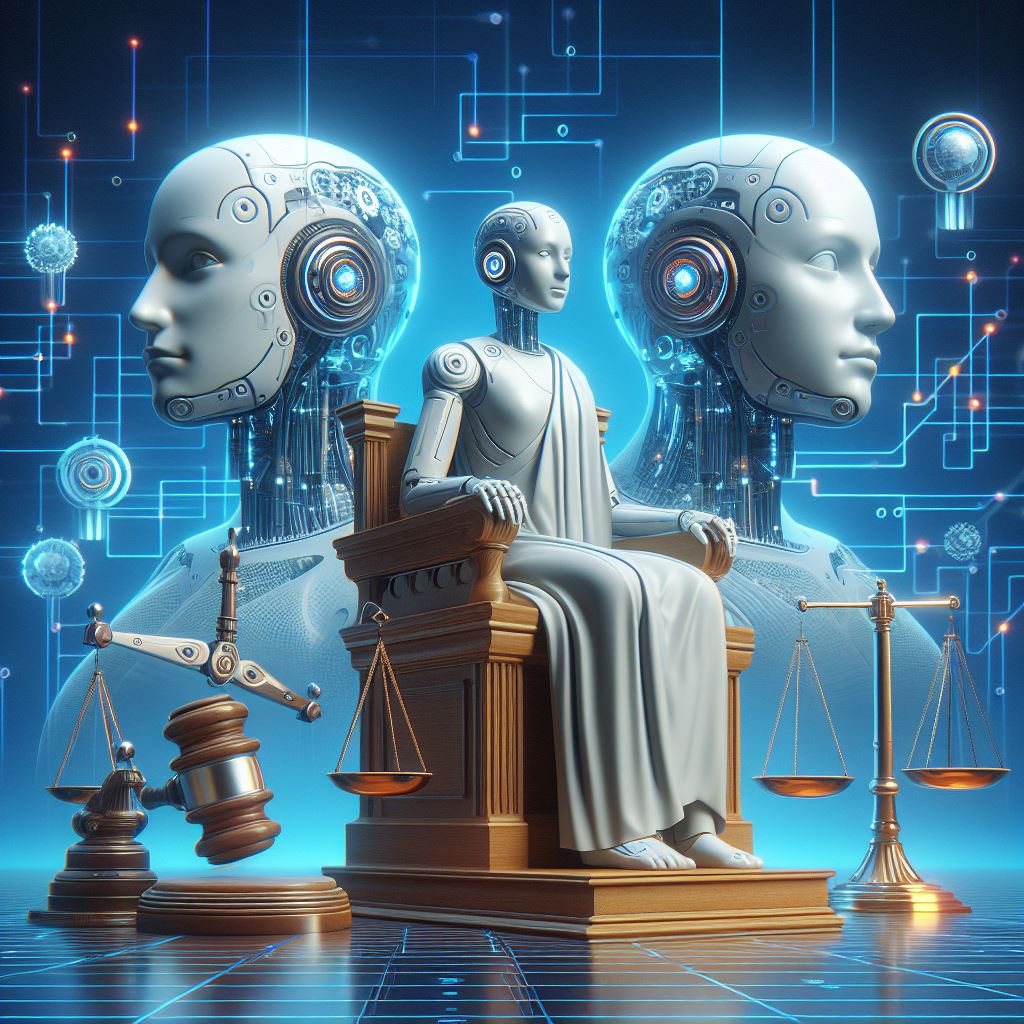
In a landmark decision, the U.K. Supreme Court has ruled that AI systems cannot be listed as inventors on patent applications. The ruling affirms a High Court decision stating that an inventor must be human, marking the conclusion of a legal battle centered around two inventions attributed to DABUS, an AI system developed by computer scientist Stephen Thaler.
Thaler attempted to list DABUS as the inventor of a new food or beverage container and a novel emergency light beacon in 2018. The U.K. Intellectual Property Office (UKIPO) rejected the claim, asserting that the AI system lacked personhood. Despite Thaler's appeals, both the High Court and the Court of Appeal upheld the UKIPO's decision, leading to the case reaching the Supreme Court.
Lord David Kitchin, writing for the Supreme Court, emphasized that "DABUS is not a person or persons," and it is not tenable under the 1977 Act for a machine to be considered an inventor.
Thaler's argument focused on his ownership of DABUS, asserting entitlement to pursue patent protection for inventions generated by the AI system. However, the Supreme Court unanimously dismissed the appeal, supporting the UKIPO's decision. Lord Kitchin stated that Thaler failed to identify any human inventor and that ownership of DABUS did not justify the claim for patent grants.
Professor Ryan Abbott from the University of Surrey, who argued the case for Thaler, highlighted the court's stance that AI is not an inventor but a "highly sophisticated tool." He noted that companies using AI for product development must attribute inventions to human inventors, even when AI plays a significant role.
Nick White, a partner at Charles Russell Speechlys, commented on the legal precedent, noting that while AI systems can generate innovative products independently, current legal frameworks do not recognize them as inventors or IP owners. White suggested that any change might come from policymakers rather than judicial decisions.
This ruling adds to a series of setbacks for Thaler, who faced denials in Europe and the U.S. for patent protection for DABUS. Notably, DABUS holds patent protection in South Africa, where inventorship was awarded in 2021. However, South Africa lacks a formal definition of an inventor in its patent laws.
Thaler's pursuit of copyright protection for works generated by another AI system also faced resistance, with a U.S. court ruling against him in August. The Supreme Court's decision aligns with a recent U.K. ruling allowing patents for AI inventions using a machine learning approach, potentially paving the way for increased AI patents, excluding those attributed to AI as inventors.